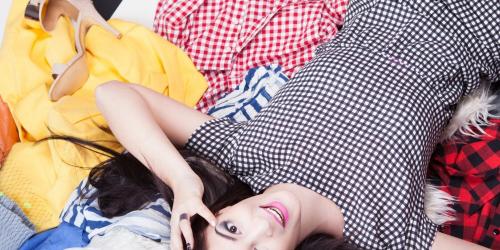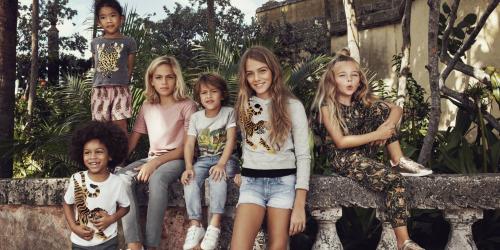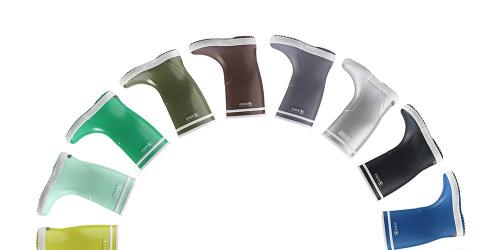Veganism - the rejection of any product of animal origin , whether in food, cosmetics or clothing - is attracting more and more. If it is now easier to adopt a vegan diet , fashion level on the other hand, it is not always easy to navigate.
What are the materials to wear and which ones to ban?
Above all, you have to know how to decipher the labels. It is indeed on the latter that we find the list of all the fibers and materials that make up the garment or accessory (shoes, bag, hat ...). What to ban? All those of original animal . Exit, therefore, leather, wool, hairs, alpaca, natural and wild silk, suede, cashmere, fur, feathers, merino, mohair, animal hair, velvet ... On the other hand, we say yes to plant fibers and we favor the labels certified organic: cotton, linen, hemp, jute, ramie ("nettle of China"), sisal, nettle, coconut fiber, kombuch, kapok (alternative to goose feathers for padding) ... We also think of leather vegetable, such as pineapple leather (Piñatex), cork or apple. Synthetic fibers are also a good alternative . We prefer viscose (formed from wood pulp, cotton or bamboo) and new synthetic materials such as Lyocell (fiber from eucalyptus wood) and Modal (fiber from beech wood). Finally, recycled fibers (non-animal) can fight against the phenomenon of fast fashion , where the mode of focusing on quantity to quality by accumulating clothes at low prices without worrying about environmental, health and social consequences.
Where to find vegan clothes?
In France, there are some 100% vegan clothing stores , such as the Manifeste 011 concept store, the Parisian landmark responsible for vegan fashion and labeled by the Peta association. But many brands also offer ranges of products without any animal material . In this case, attention is paid to the composition of the garment and possibly to the label.
- Veja , the French brand of sneakers known for its environmentally friendly manufacturing methods , offers vegan certified models.
- Dr. Martens , the famous British brand of ankle boots, has created a 100% vegan version of the 1460 to 8-eyelet.
- Ekyog offers chic, ethical, ecological and responsible women's basics, some of which are made from vegetable fibers (Tencel, organic cotton) or synthetic fibers (recycled polyester).
- Honest by , a Belgian brand, claims its transparency policy and refuses fibers of animal origin.




